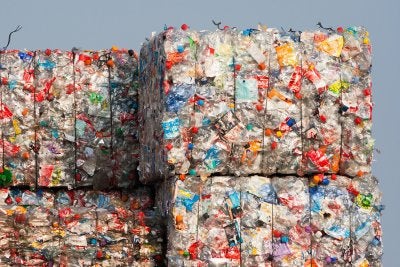Recycling hazardous waste is an important part of industrial waste management that helps conserve resources and save on manufacturing costs. If you are interested in recycling industrial hazardous waste near Atlanta, then you can benefit from becoming familiar with the following steps: 
Determine Waste Regulations
The first step in properly recycling hazardous waste is to learn about the EPA waste disposal regulations for the material that you are working with. Refer to the EPA’s regulatory definitions to determine what category your waste material falls under.
Consider Cost-Accounting
You will find that there are many cost-accounting tools available to companies. These tools can help you track your company’s resource use and improve its resource efficiency. Cost-accounting tools usually consider factors like recycling activities, pollution prevention measures, energy savings, and the reduction of greenhouse gas emissions.
Choose a Facility
Once you are ready to begin the industrial waste recycling process, the next step is to locate a responsible recycler. The recycling facility should have a history of permit and environmental compliance, be financially sound, and employ responsible waste management practices. Also, learn if the facility has adequate pollution liability insurance, provisions for any potential closure and cleanup costs, and an effective drop-off and tracking protocol.
Confirm Recycling Legitimacy
Ensuring that your industrial hazardous waste will be properly handled is an important part of the recycling process. You should confirm that the recycling company is legitimate and has well-maintained records of recycling transactions. Also, determine if the secondary material can be effectively used as claimed and if it is being used in amounts more than necessary.
Track Recycling Progress
You have 2 good reasons to measure your success when it comes to recycling industrial hazardous waste. First, monitoring and reporting your company’s recycling progress can have a beneficial impact on its public image. Second, keeping track of your recycling performance provides you with information to share with stakeholders and investors to demonstrate your company’s adherence to environmental regulations.

